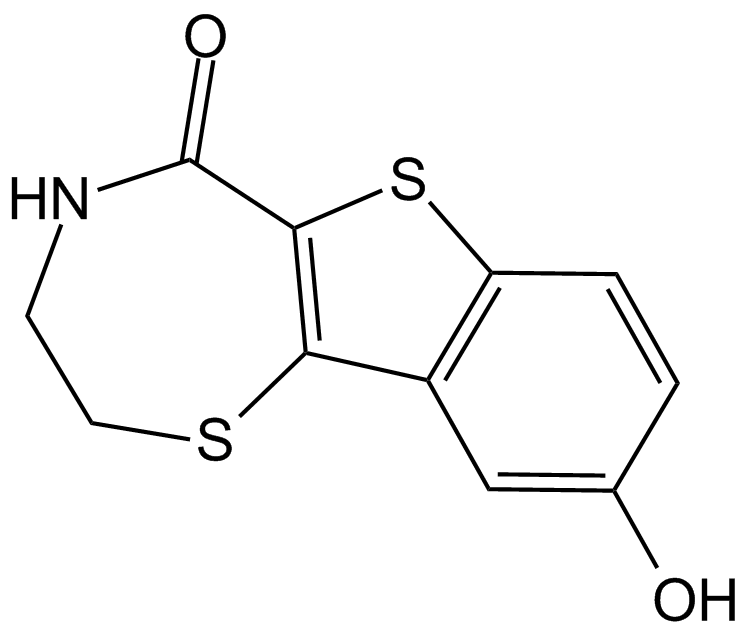PKD
Protein kinase D (PKD) are a family of serine/threonine kinases comprised of three different but closely related members of Calmodulin-dependent protein kinases, including PKD1, PKD2 and PKD3, that are involved in fission of vesicles at the Golgi compartment, coordination of cell migration and invasion, and regulation of gene transcription. All PKD protein kinases are diacylglycerol (DAG) receptors characterized by the presence of a highly conserved N-terminal regulatory domain, which consists of two zinc finger-like cysteine-rich domains, and an autoinhibitory pleckstrin homology (PH) domain. DAG is able to bind to the cysteine-rich domain of PKD enzymes, which is crucial for kinase activation.
Products for PKD
- Cat.No. Product Name Information
-
GC68537
3-IN-PP1
3-IN-PP1 is a protein kinase D (PKD) inhibitor. It has effective and broad PKD inhibitory activity against PKD1, PKD2, and PKD3 with IC50 values of 108, 94, and 108 nM respectively. Additionally, 3-IN-PP1 is a broad-spectrum anticancer agent that inhibits the growth of various tumor cells. It can be used in cancer research.
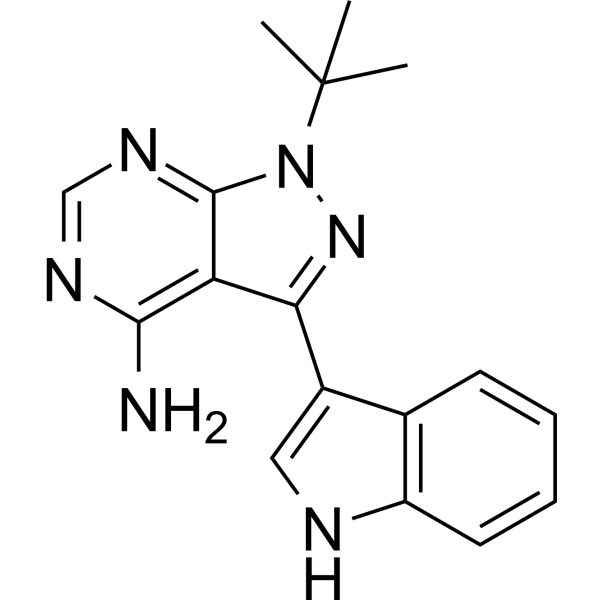
-
GC13589
CID 755673
PKD inhibitor
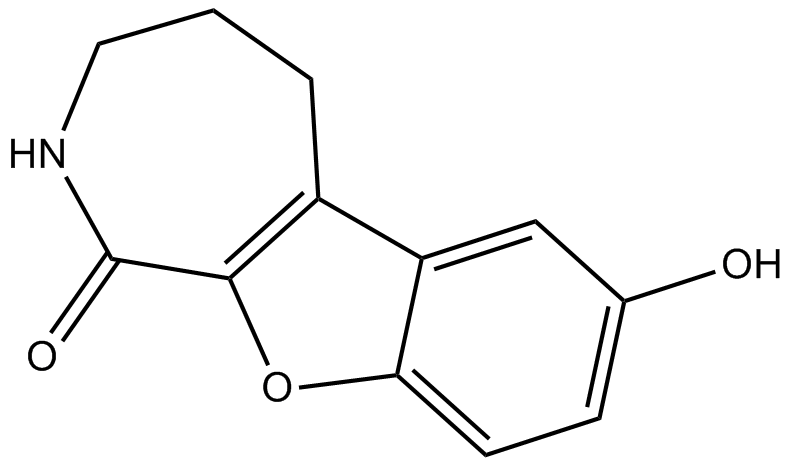
-
GC13838
CRT 0066101
PKD inhibitor
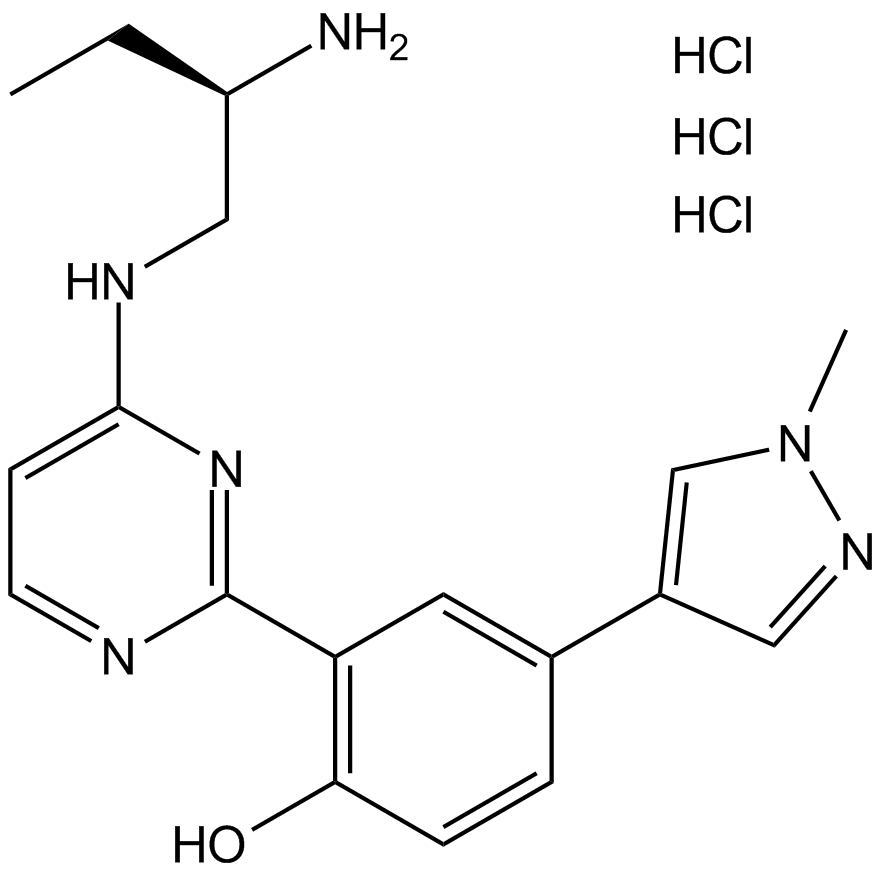
-
GC35750
CRT0066101 dihydrochloride
CRT0066101 dihydrochloride is a potent and specific PKD inhibitor with IC50 values of 1, 2.5 and 2 nM for PKD1, 2, and 3 respectively.
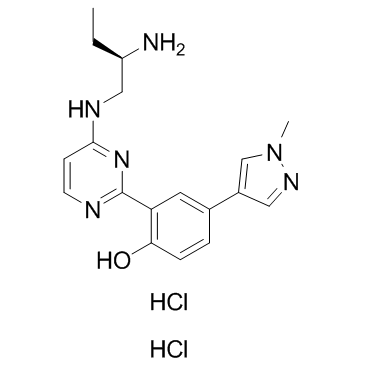
-
GC14355
CRT5
PKD1, PKD2, and PKD3 inhibitor
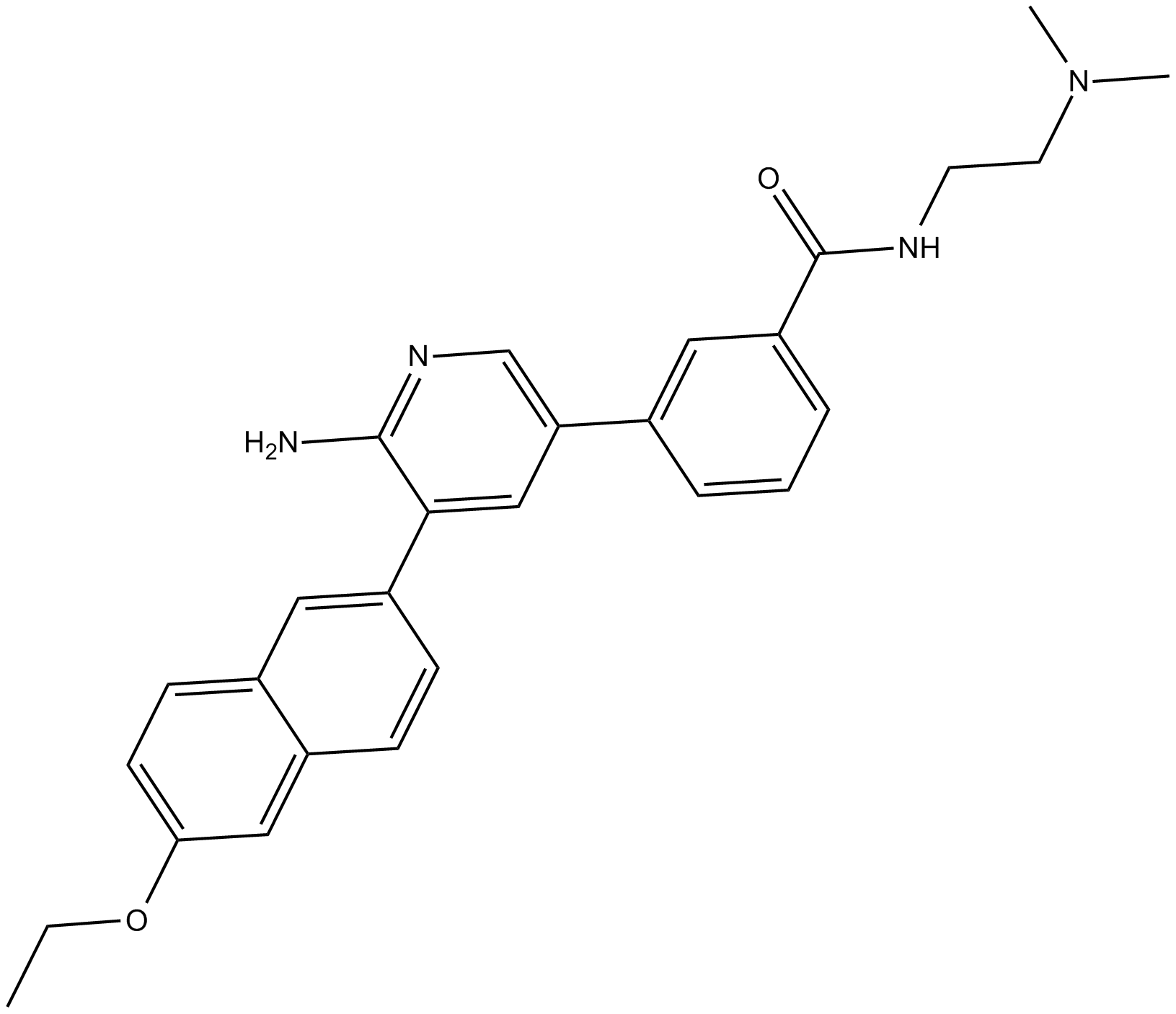
-
GC11319
kb NB 142-70
A selective PKD inhibitor
